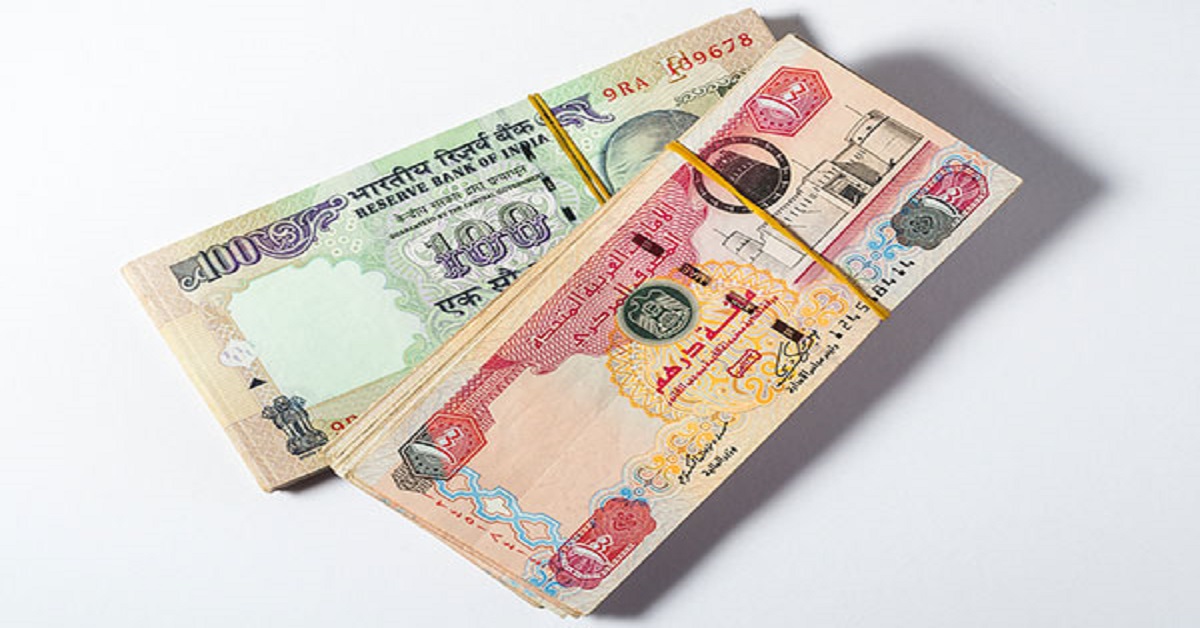
In any business, naturally, money is involved. And if the business is between nations a lot of money is involved, particularly foreign currency.
The UAE and India have reached a historic agreement which will enable businesses on both sides to bypass the US dollar or any other foreign currency and trade directly in UAE dirhams and the Indian rupee.
The agreement will mean large savings for business communities on both sides as trade between the UAE and India soars to new highs.
India’s Ambassador to the UAE, Navdeep Suri, said that this is in addition to the agreements and memoranda of understanding which were signed during Prime Minister Narendra Modi’s just-concluded two-day visit to Abu Dhabi and Dubai.
“There were two other agreements that have been finalized. One is a currency swap agreement where India and UAE — it is an agreement between the two Central Banks — and the agreement has been completed and it is going to be exchanged through letters. Under this, businesses from the two sides will be able to trade directly in rupees and in dirhams and not have to go through US dollars which means that there is a saving for the business community. It makes trade between the two countries more competitive,” Suri said while reviewing Modi’s visits to the UAE, Jordan, and Palestine along with India’s new Foreign Secretary, Vijay Gokhale.
READ ALSO: Narendra Modi in UAE : India and UAE sign five agreements
Although the dirham has a fixed peg to the US dollar, the currency swap agreement between the UAE and India could favorably impact trade between the two countries as the Trump Administration in the US cements further an expansionary fiscal policy and the US Federal Reserve considers rate hikes.
Basket of currencies
The impact of US policies on the Indian rupee would be greater and favorable to trade with the UAE since the Indian currency’s value is not pegged to the US dollar but is determined by a basket of currencies.
The rationale for the currency swap agreement is evident from UAE-India trade figures. From a mere $182 million in 1982, the current level of bilateral trade amounted to about $53 billion (Dh194.5 billion), according to a joint statement released at the end of Modi’s visit.
Another agreement which has been finalized and will be signed this week is “between the financial intelligence units which commit both countries to work more closely together in money laundering, in preventing money laundering that takes place,” Suri said.
About this agreement, the joint statement said, “the two sides welcomed the finalization of a MoU on cooperation in the exchange of financial intelligence related to money laundering, associated predicate offenses, and terrorist financing.”

Post Your Comments